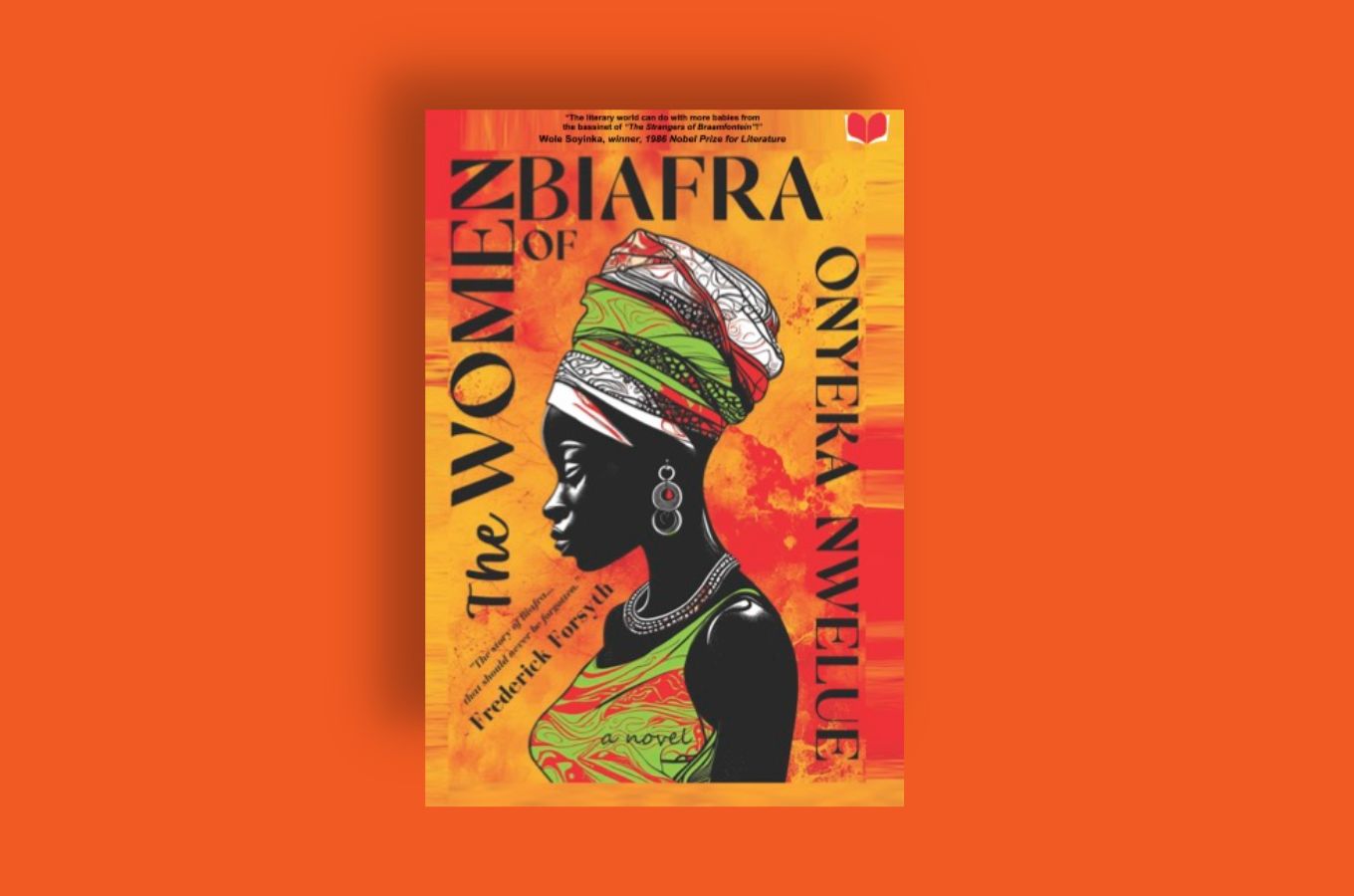
Onyeka Nwelue’s The Women of Biafra is one of the latest novels to enter the on-going literary conversation about the Nigerian Civil War. We recently reviewed Chigozie Obioma’s Road to Country, which also tells the story of the war, though from a different perspective. [Read here if you missed it.]
The novel is about Ngozika, a young Igbo widow, trying to protect her twin children in the chaos of the war. Sola Adenubi is a Yoruba soldier who becomes an unexpected ally: “In Sola’s eyes, she saw a flicker of something—maybe hope, maybe despair” is how the narrator captures their bond in one of the opening scenes. The Women of Biafra is a story about how love can be a source of hope and determination to survive.
Nwelue doesn’t shy away from the brutal realities of war. The Biafran War novel has become an established genre within Nigerian literature and known for stories that skillfully depict the visceral sense of war. Nwelue does not disappoint in this regard. You feel the fear and desperation that come with living in a war zone. He uses a kind of rhythmic pacing that mirrors the tension in moments of danger:
The sound of footsteps, heavy and relentless, echoed in the distance. Closer. Closer. Ngozika’s breath caught in her throat as she urged her legs to move faster, her heart pounding in her chest like a war drum. Each step was a race against time, each breath a desperate plea to the gods.
The repetition and short, quick sentences build a sense of urgency and makes the reader feel the weight of the moment.
Nwelue has published over 25 books, so he is a seasoned writer. Readers will find Ngozika’s story gripping. The pages will most certainly turn–filled with adventure, drama, and emotionally authentic characters. Though, some readers might find the dynamic where a Yoruba man is depicted as a savior to an Igbo woman, while Fulani characters are cast in a negative light problematic. The Women of Biafra is generally a compelling read for anyone interested in historical fiction that looks at the intimate and personal impacts of larger social upheavals.
It’s not every day you talk about the page design of a book, but The Women of Biafra has something really lovely going on. The pages are framed with these beautiful floral, filigree-like designs that feel like bouquets cradling the text in the center. The font is bold and clear, and easy on the eyes. It’s a small detail, but it really adds to the overall experience of reading the book.
Ultimately, this is a story about the connections that keep us going in the hardest of times. And as readers of Nwelue’s novels would tell you, his stories will hold your attention to the very end.


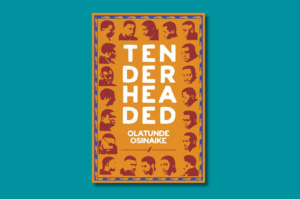
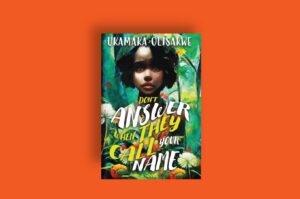

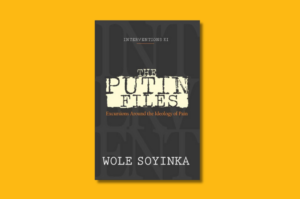
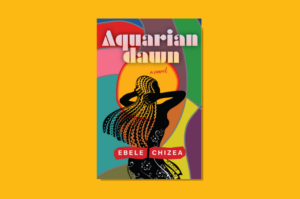
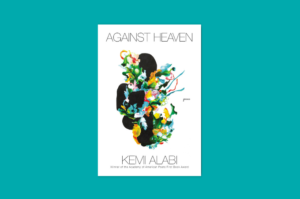

COMMENTS -
Reader Interactions